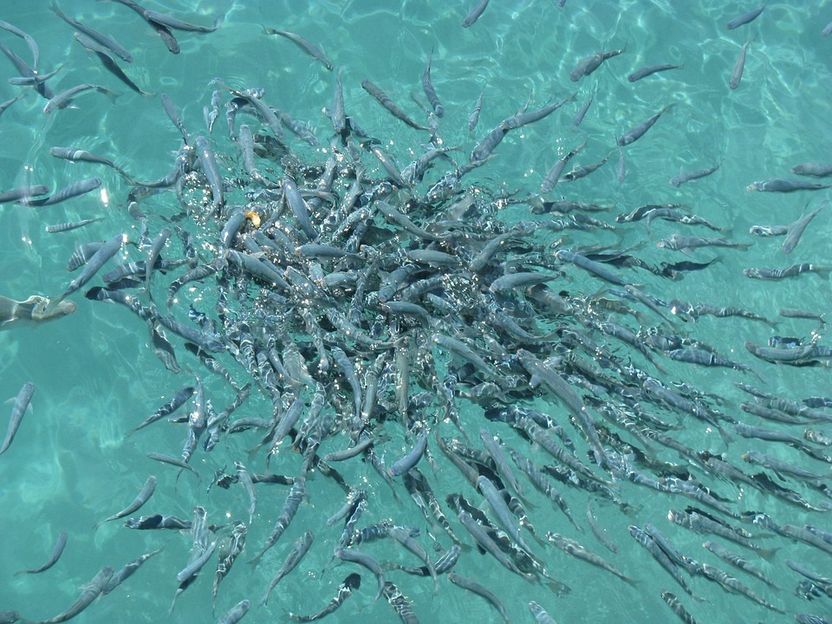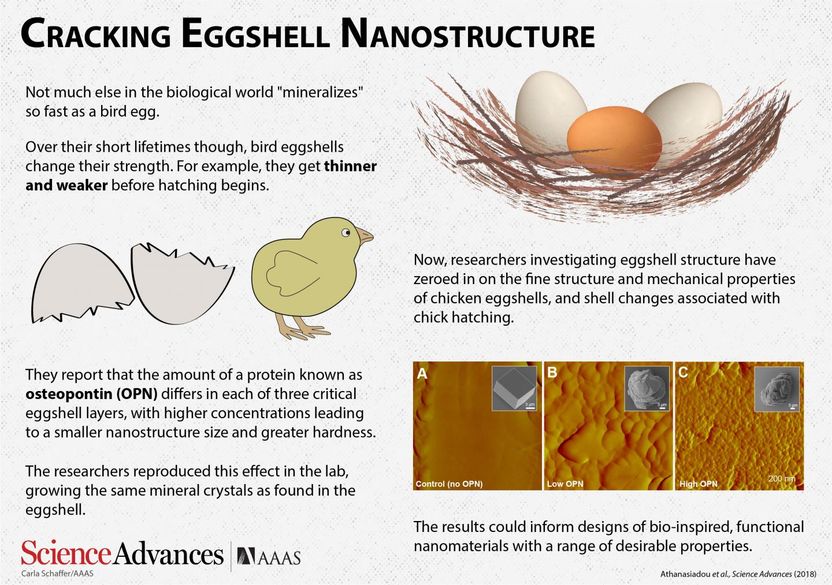Mercury in fish affected by both prey type and quality
Whether fish hunt nearshore or in the open water and what prey they eat affect the amount of mercury that accumulates in them, a Dartmouth College study shows.

Hardrockster, pixabay.com; CC0
Mercury accumulation in fish poses well-known health risks to humans and wildlife, but fish mercury levels are highly variable and key factors driving this variability remain unclear. One little studied source of variation is the influence of habitat-specific feeding on mercury accumulation in lake fish. This is likely important because most lake fish feed in multiple habitats during their lives, and the mercury and caloric content of prey from different habitats can differ.
The Dartmouth team studied the effects of habitat-specific food sources on mercury bioaccumulation in lake fish using both a field study and a bioenergetics model. Their results showed that both prey type and quality affect the amount of mercury that fish accumulate. When fish feed on organisms that live around bottom-growing plants and on the mud in the nearshore areas (benthic organisms in the littoral zone), they accumulate less mercury than when they are feeding on plankton in the open water.
There are two reasons for this: the bottom-dwelling prey have lower mercury concentrations but also are higher in calories, allowing the fish to gain weight more efficiently and grow faster. The plankton have higher mercury concentration but lower calories, so the fish grow less efficiently. With high growth in fish, the mercury is diluted, resulting in lower concentrations in their tissues. So, the bottom-feeding fish have both lower mercury concentrations and diluted growth.
"Since mercury in fish is a human health concern, it is important for us to figure out why certain types of fish in certain types of lakes have higher concentrations of mercury," says co-author Celia Chen , a research professor of biological sciences and a project leader in Dartmouth's Toxic Metals Superfund Research Program. "There have been many studies of types of environmental conditions that favor higher mercury in fish, but fewer studies on the ecology of the fish themselves and how that affects their mercury bioaccumulation."
Original publication
Other news from the department science

Get the chemical industry in your inbox
By submitting this form you agree that LUMITOS AG will send you the newsletter(s) selected above by email. Your data will not be passed on to third parties. Your data will be stored and processed in accordance with our data protection regulations. LUMITOS may contact you by email for the purpose of advertising or market and opinion surveys. You can revoke your consent at any time without giving reasons to LUMITOS AG, Ernst-Augustin-Str. 2, 12489 Berlin, Germany or by e-mail at revoke@lumitos.com with effect for the future. In addition, each email contains a link to unsubscribe from the corresponding newsletter.





























































